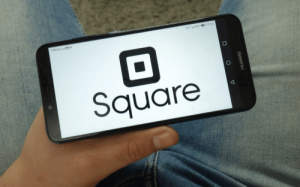Venture Capitalist Tim Draper predicted that bitcoin will skyrocket to $250,000 in 2023, and Jack Dorsey is certainly working hard to help make that statement a reality. In fact, the crypto-focused branch of his mobile payment company Square has made some big moves when it comes to the world’s most popular cryptocurrency.
Square Crypto recently announced that it is in the process of developing a Lightning Development Kit (LDK) that “will include an API, language bindings, demo apps, and anything else that makes integrating Lightning easy, safe, and configurable.” The layer-two solution built on top of the bitcoin network aims to make payments faster and cheaper, with the potential to process millions of transactions per second.
In addition, the company has also won a patent for a new network that would allow customers to pay in bitcoin, which merchants can then easily convert into any currency they choose. And last summer Square received a license that will enable New York State residents to quickly and easily buy and sell bitcoin via its Cash App.
Dorsey has been vocal about this support of bitcoin, explaining that he believes the crypto will become a “native currency” of the Internet. That is one reason why his other company, Twitter, has decided not to follow in Facebook’s footsteps and develop its own digital currency.
“I think [Bitcoin’s] the best bet because it’s been the most resilient, it’s around for 10 years, it has a great brand and it’s been tested a bunch,” he told The Sydney Morning Herald. “As I look at all cryptocurrencies that could fill that role of being the native currency for the internet, [Bitcoin is] a pretty high probability.”
In fact, even when bitcoin was in a free fall last year, Dorsey revealed that he was spending thousands of dollars per week to purchase the crypto. And in September Square Crypto announced that it was giving the BTCPay Foundation a grant of $100,000 to support BTCPay Server, an open-source cryptocurrency payment processor that can earmark funds to create anything, “as long as it’s free and open-source software that improves the security, scalability, privacy, user experience or fungibility of bitcoin — or all of the above.”
























